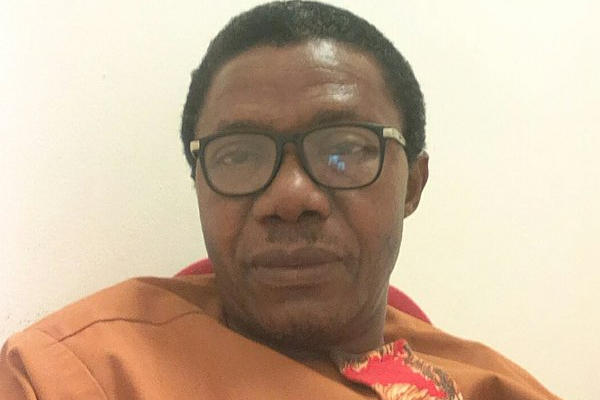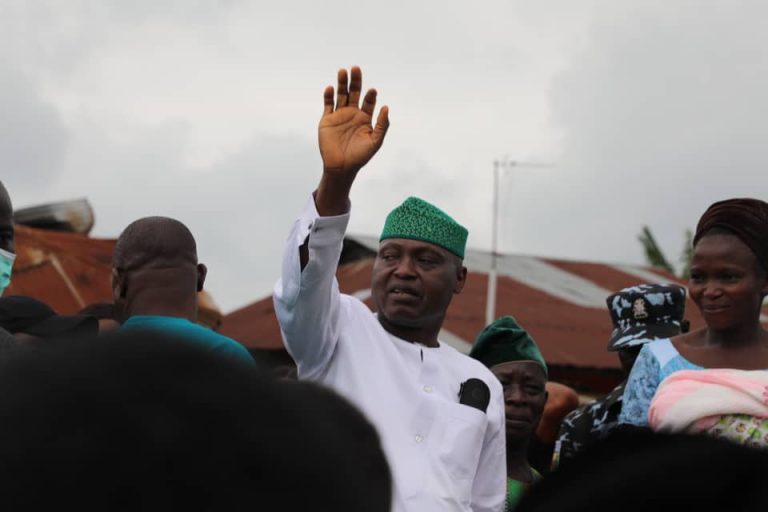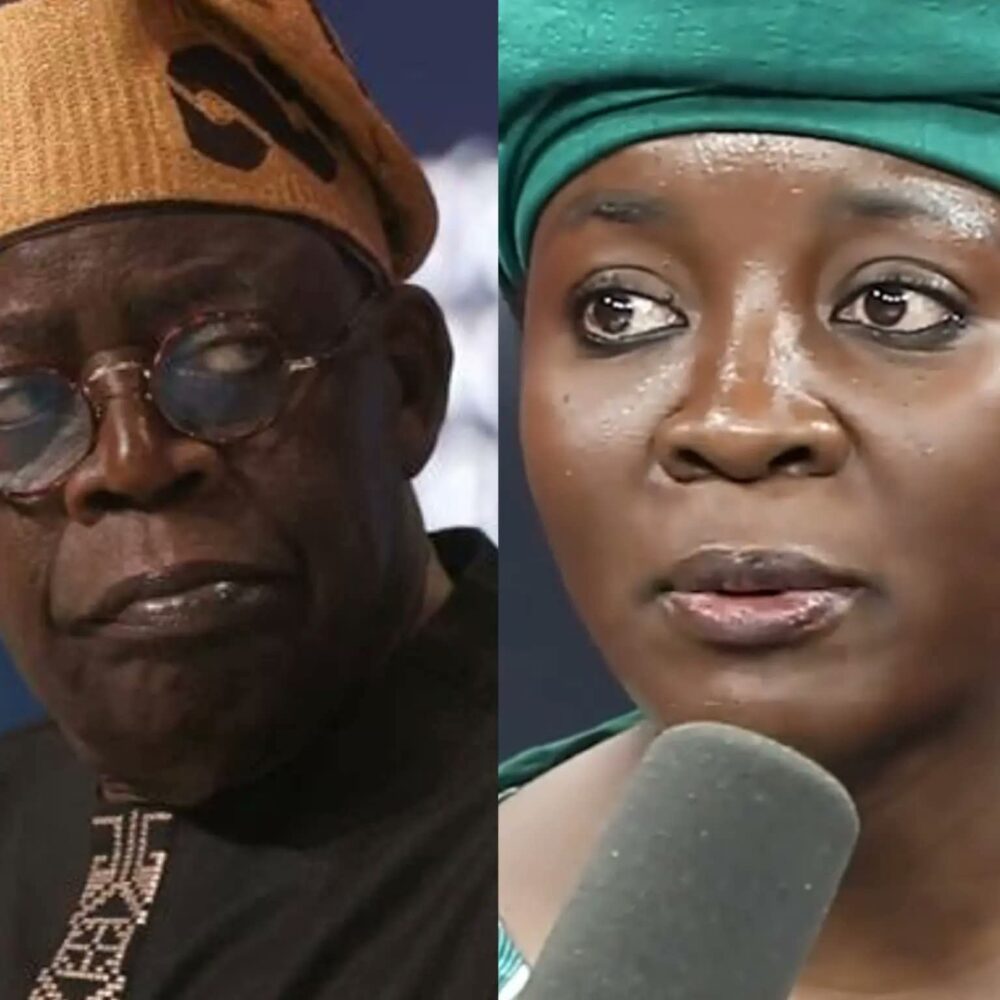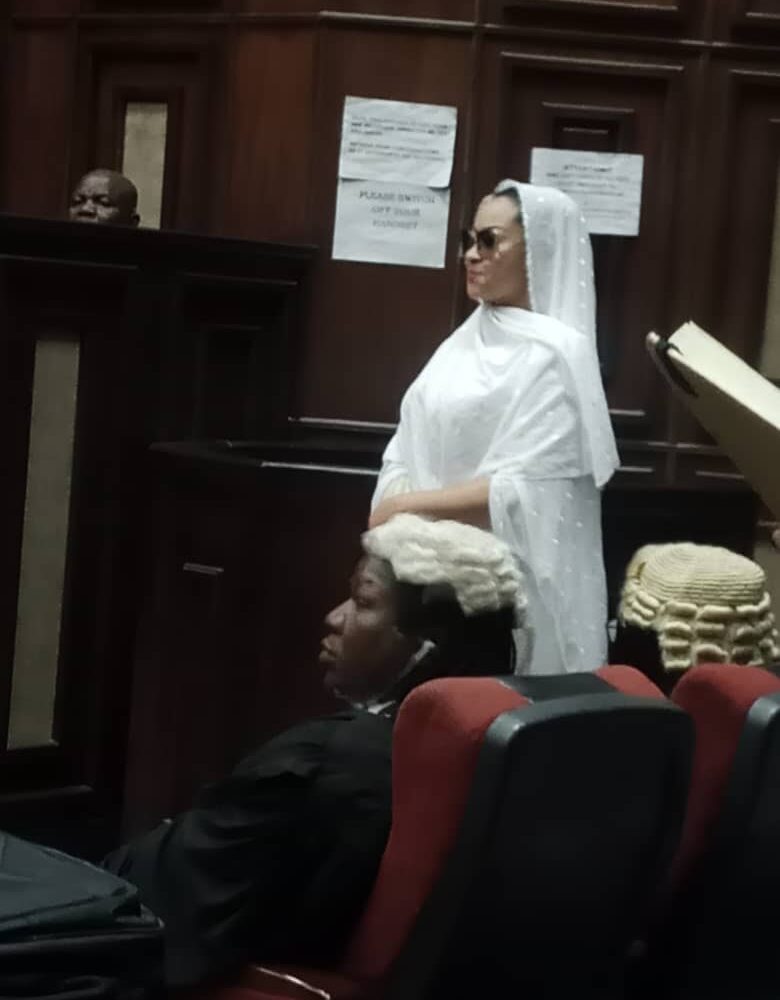One cannot be envious of the Presidential Election Petition Court (PEPC), as the 180 days that the current laws give the Presidential Election Tribunal to render verdict are about to expire. The concern, however, is that the high hopes are progressively giving way to perceived uncertainties that the country would be forced to deal with a compromised judiciary and a desperate incumbent president whose election is being contested. These issues are gradually replacing high hopes, which is a cause for anxiety.
Perhaps the only place in the world where a president-elect gets sworn in before the legitimacy of his election is decided is Nigeria. Although it is a highly irregular practice, Nigeria has been operating it ever since the current democratic system was restored in 1999. It is such a peculiar mess.
The Nigerian judiciary has endured several terrifying and emasculating experiences over the past ten years, many of which are self-inflicted, especially under the presidency of Muhammadu Buhari. Recently, the United States issued a travel block on seven of the twelve Supreme Court justices due to strange rulings. Other examples include the arrest of various Supreme Court judges, notably Walter Nkanu Onnoghen, then a sitting chief justice of Nigeria, and raids on their houses. The majority of people were shocked by the prominent jurists’ forced fall from grace and desecration of the temple of justice by the presidency.
The National Judicial Council (NJC) and the Nigerian Bar Association (NBA), two judicial authorities that could assist or mediate during Onnoghen’s struggles, remained at a safe distance. Their cowardly silence over what ordinary Nigerians perceived as an assault on the judicial branch of government raised more concerns about the much-touted independence of that branch of government and its ability to uphold its reverence as the last hope of the common man.
Yes, both the NJC and NBA remained docile and virtually mute while the incursions lasted, and their stirring remained wimpy and ineffectual throughout. Thus Onnoghen and the likes of Justice Ngwuta, who died shortly after possibly from the trauma, were so easily isolated, humiliated, and spurned, while their professional colleagues watched perhaps helplessly or they were just playing the ostrich.
The result was such that while the body of lawyers was busy fighting a credibility battle, the head of the judiciary was, by that token, blocked from receiving any form of solidarity or protection from his foot soldiers. Onnoghen was lost in the swirl in this manner, thus becoming history.
Onnoghen and Justice Ngwuta’s disgrace expectedly shook the judiciary to its foundations. It was not that Onnoghen was above the law. But the particular way in which his culpability was handled reeked more of politics than of justice. It correctly raised questions about the independence of the court and the ability of the Tribunals to render impartial decisions free from the influence or emasculation.
However, numerous decisions have already been made by various tribunals across the nation, and little has shown that the judiciary has been tied to anyone’s apron. The Presidential Election Petition Court, which is poised to issue its historic ruling, should thus be given the same amount of hope. Men at that level should be more concerned with the future than with everyday issues.
The Tribunal should view this as a wonderful chance to reinforce the judiciary’s independence by enforcing the rule of law in a fashion that perfectly exemplifies the idea of the separation of powers in a presidential democracy. Nigerians rightfully want to know the results of the 2023 presidential election so that the situation may be resolved.
Yes, history and posterity call to the esteemed jurists. At their Olympian levels on the Nigerian appellate court, it shouldn’t be a problem for them to administer justice without fear or favour because there has never been any indication that any of them at the PEPC has integrity issues.
The fear of Nigerians in the presidential petition tribunal, however, is not entirely unwarranted in light of the Onnoghen and Ngwuta treatments, and the preeminent jurists need to be aware that much hinges on the credibility of the judgement they issue in the coming days. The general guidance is still there: There can’t be judgement without justice. Or it could be a repetition of legalese or political rulings that Nigerians won’t comprehend or accept as just. Because of how ambiguous they are, the nation’s judiciary’s already teetering credibility can only be strengthened if the presidential election tribunal does a fair job. Vague judgments can only reinforce the suffering credibility of the nation’s judiciary and can throw the name into chaos.
The justice Nigerians demand should not mirror the 12 2/3rd ruling in the presidential election suit between Alhaji Shehu Shagari and Obafemi Awolowo in 1979, aside from the sins of technicalities as shown in the case of Senator Ademola Adeleke in 2019. That ruling was so absurd and for illustrating a flaw in Nigerian law and judicial decisions, it is rarely cited as case law in our country.
The lackluster and severely critical assessments from the international observers regarding the general election in 2023 are yet as concerning. They affirm that despite investing a staggering amount of nearly N400 billion in it, the 2023 general election still ended as the worst the country has held since returning to democratic rule in 1999.
Despite all the obstacles, the five distinguished jurists should be able to inform Nigerians whether the exercise substantially followed the established laws and regulations. If it did, who won?
Fortunately, the history of the Nigerian courts gives reason for optimism that the Tribunal would uphold the highest standards of impartiality and rigor in its decision-making. Despite the terrifying experiences and declining trust of the arm of government, the Nigerian judiciary has generated and presented many remarkable fearless and incorruptible justices over time.
Despite the recent struggles of the judicial branch of government, Nigerians should reasonably expect that the successors are continuing this rich history. Therefore, even while concerns about the nation’s judiciary’s independence and dependability are mounting, they nevertheless merit the benefit of the doubt because only time will tell whether or not this optimism is incorrect.
No one needs to be a lawyer to recognise when justice has been done. No matter whose ox is gored, justice ensures that laws are administered rationally and proportionately when it is properly served to citizens’ expectations.
The Nigerian judiciary must constantly keep in mind that people expect justice to bring some predictability to situations that are out of their control so they may organise their lives and live with a measure of security, certainty, and peace of mind. Justice is crucial because it creates a civilised community and allows for a fair living in a complex world. On the other hand, unfair judgements leave room for dispute, self-help, and conflict.
For credit, it should also be noted that the Nigerian judiciary has so far kept the country’s democracy strong. Nigeria arguably has the biggest number of election-related lawsuits worldwide. That the outcomes of elections in our country are determined by judges rather than by the people is rather humiliating and unusual. The good news is that Nigerians continue to have faith in the legal system. To save and progress the country’s democracy and maintain Nigeria as a nation of laws and not a nation ruled according to the whims of individuals, the judges themselves must protect the immense faith reposed in the nation’s judiciary.
· Dr. Law Mefor, an Abuja-based forensic and social psychologist, is a fellow of The Abuja School of Social and Political Thoughts; [email protected]; Twitter: @DrlawsonMefor.





